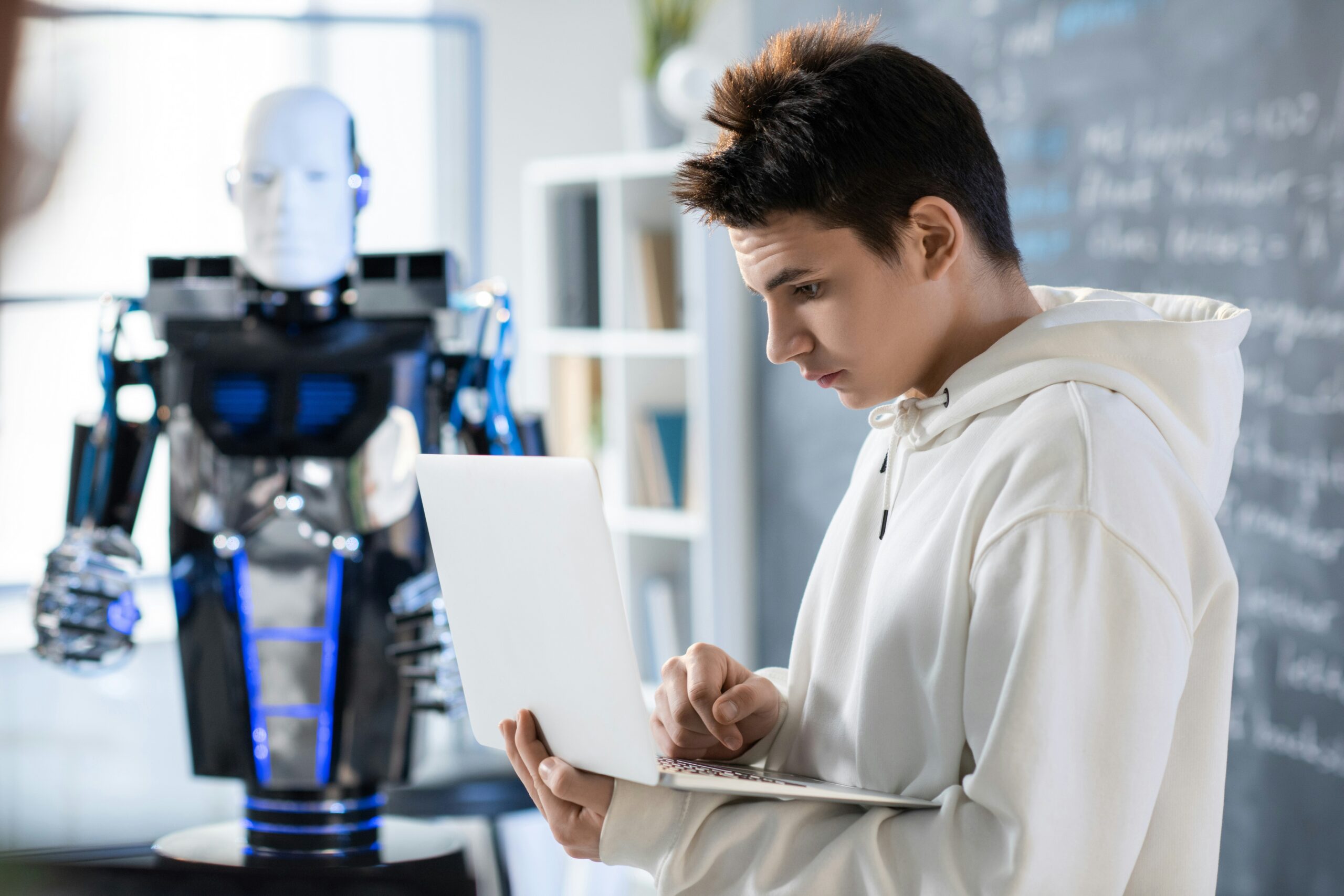
In recent years, the intersection of artificial intelligence (AI) and automation has become one of the most talked-about areas of technological advancement. These technologies rapidly transform industries, redefine businesses’ operations, and reshape the workforce. As AI and automation systems grow more sophisticated, their influence extends beyond the corporate world, affecting nearly every aspect of modern life. These technologies, from healthcare to manufacturing, education, and transportation, are increasingly embedded in everyday operations, bringing exciting opportunities and significant challenges.
AI and Automation in the Workforce
The introduction of AI and automation into the workforce has already begun to make waves in various industries. Many jobs that once required human labor are now automated, particularly in the manufacturing, logistics, and customer service sectors. Automated systems powered by AI can perform tasks more efficiently and accurately than humans, reducing the need for manual intervention and, in some cases, replacing entire job categories. This shift transforms workplaces, making operations faster and cheaper, but it also raises concerns about job displacement.
While automation can potentially eliminate specific jobs, it also creates new opportunities. The demand for skilled workers to develop, implement, and maintain AI and automation systems is rising. This has led to an increased focus on retraining and reskilling initiatives to prepare workers for roles in the growing tech-driven economy. In addition, the combination of AI and human labor often leads to increased collaboration, with machines handling repetitive tasks while humans focus on more complex decision-making and problem-solving. As such, rather than entirely replacing jobs, AI and automation are transforming the nature of work, driving the need for workers to adapt to an evolving technological landscape.
AI and Automation’s Impact on Industries
Across various industries, AI and automation are unlocking new levels of efficiency and productivity. In the manufacturing sector, for example, robots and AI-driven systems streamline production lines, reduce human error, and enhance precision. These innovations allow companies to produce higher-quality products faster while keeping costs low. In logistics, AI-powered systems improve supply chain management by predicting demand, optimizing routes, and automating warehouse operations. These advancements are improving the bottom line for businesses and creating more seamless and responsive consumer services.
The healthcare industry is another area where AI and automation profoundly impact. AI algorithms are used to analyze medical data, identify patterns, and assist doctors in diagnosing diseases more accurately and quickly than traditional methods. Robotics also play a critical role in surgeries, offering greater precision and reducing recovery times. Furthermore, AI systems improve patient care by managing administrative tasks and streamlining appointment scheduling, giving medical professionals more time to focus on direct patient interaction. These advancements are not only enhancing the quality of care but also helping to address healthcare accessibility challenges, particularly in underserved areas.
Ethical Considerations and Challenges
While AI and automation offer tremendous potential, their rapid development and widespread implementation come with significant ethical concerns. One of the primary issues is the potential for job loss. As more tasks become automated, there is growing anxiety about the future of work and how economies will adapt to these changes. Policymakers and business leaders are grappling with balancing technological innovation with the need to protect workers’ rights and livelihoods. Efforts are being made to create policies that foster responsible automation, ensuring displaced workers are supported through retraining programs and safety nets.
Another critical ethical concern is the impact of AI on privacy and security. As AI systems become more integrated into daily life, they are often tasked with collecting vast amounts of personal data to improve functionality. This raises questions about how data is stored, who has access to it, and how it is used. Furthermore, as AI systems become more autonomous, there are concerns about accountability in malfunctions or errors. The potential for AI to be used maliciously, such as in cyberattacks or manipulating public opinion, adds another layer of complexity to the ethical landscape. Regulations must be put in place to govern AI usage and protect individuals from harm.
AI, Automation, and the Future of Society
The continued growth of AI and automation will likely profoundly impact society. As these technologies advance, they have the potential to solve complex global challenges, such as climate change and resource management, by providing more efficient and sustainable solutions. For example, AI can optimize energy consumption, predict environmental changes, and develop green technologies that reduce industries’ carbon footprint. Automation could also play a role in addressing labor shortages, particularly in sectors such as agriculture, by reducing the reliance on manual labor and increasing productivity.
However, these advancements also raise questions about inequality and access to technology. While large corporations and developed nations are poised to benefit from AI and automation, there is a risk that the divide between the technologically advanced and those left behind could widen. To ensure that the benefits of AI are shared equitably, global cooperation and inclusive policies will be necessary.